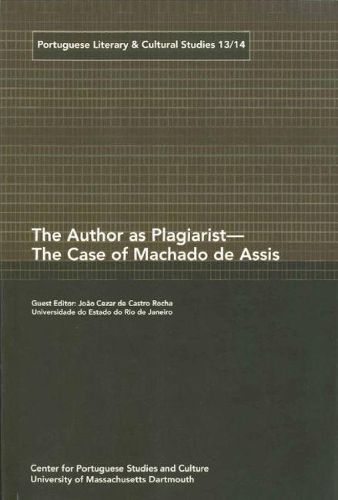On a recent trip to Brazil, Salman Rushie confessed his appreciation of the workd of Machado de Assis. Similarly, on the occasion of the release of his film, Matchpoint, Woody Allen expressed his admiration for the author of Dom Casmurro. Cultural supplements in newspapers and magazines have enthusiastically reprinted these encomiums for the author of The Posthumous Memoirs of Bras Cubas. Is it possible that a master on the periphery of capitalism –to use Roberto Schwarz’s expression–can achieve full recognition in the world republic of letters –as Pascale Casanova calls the structure of the international literary marketplace? Casanova provides the answer: Notwithstanding ecumenical ideology that presides over literary celebrations, writers in small languages are apt to find themselves marginalized. New readings of Machado’s work come to the fore when we discuss his legacy in a broader context. Therefore, we should emphasize the circumstances of an author who boldly experimented with literary genres, freely appropriated the literary tradition, developed an irreverent rapport with the reader through a series of experiments with the narrative voice, attributed to the act of reading a central role in the act of writing, and played with the process of rewriting the text as the text is being written through the act of ironically commenting on the process of composition. Machado de Assis is a very provocative writer, regardless of his geographical coordinates. Indeed, Machado seems to write (also) in order to think about literature. He narrates in order to propose narrative problems; his oeuvre thus embodies a form whose content is the problematization of literature itself, its conditions of readability and the status of interpretation in the age of the printing press. As soon as we bring questions such as these to the fore we see a new Machado de Assis appear, one who is a precursor of Jorge Luis Borges; a precursor to that family of authors who always knew that writing is a byproduct of reading.
Read More





